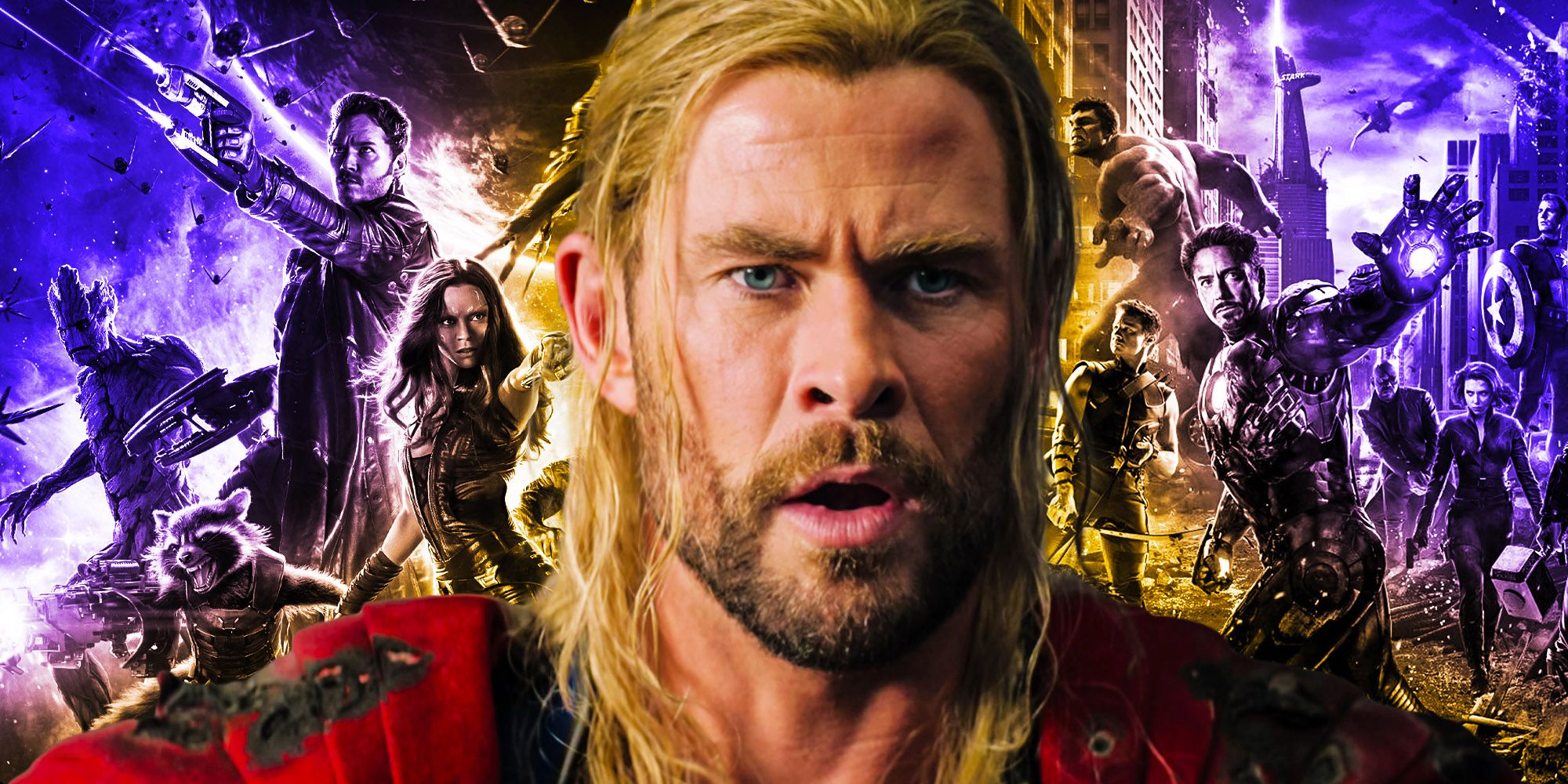Thor: Love and Thunder makes Thor's (Chris Hemsworth) place in the overall MCU much more tragic. After an eventful end to the Infinity Saga for the God of Thunder, the Avenger continues his arc in the MCU via director Taika Waititi's film, which not only pits him with Gorr the God Butcher (Christian Bale), but also reunited him with his former flame and new Mighty Thor, Jane Foster (Natalie Portman). Thor: Love and Thunder was supposed to be Thor's self-healing journey as he embraced his true self to find his true purpose, but along the way, it makes his place in the MCU more uncertain.
After Thor: Love and Thunder, it's clear that Thor doesn't fit with either the Avengers or the Guardians of the Galaxy. To maintain continuity, Waititi picks up with the God of Thunder still with the Guardians of the Galaxy, whom he joined after the defeat of Thanos (Josh Brolin) in Avengers: Endgame. Eventually, however, the cosmic heroes leave Thor and go on their own adventure without him establishing that despite spending time with them, the Asgardian doesn't have a place in the Guardians of the Galaxy roster. Meanwhile, although officially a member of the original Avengers roster, he doesn't fit in the team either. Aside from the rest of the team being Earth-bound, Thor wasn’t part of the Avengers Initiative that Nick Fury (Samuel Jackson) spearheaded. He only happened to join them because the Avengers were facing Loki (Tom Hiddleston). These make it clear that Thor really doesn't belong in a team. Instead, his stories exist in their own pocket in the MCU - something that could build a fun future for the character in the MCU, but that also marks him as a more tragic figure because of how he doesn't fit in with these teams.
Related: Love & Thunder Makes Chris Hemsworth’s Thor Retirement Seem Impossible
Why Thor Being So Separate In The MCU Works
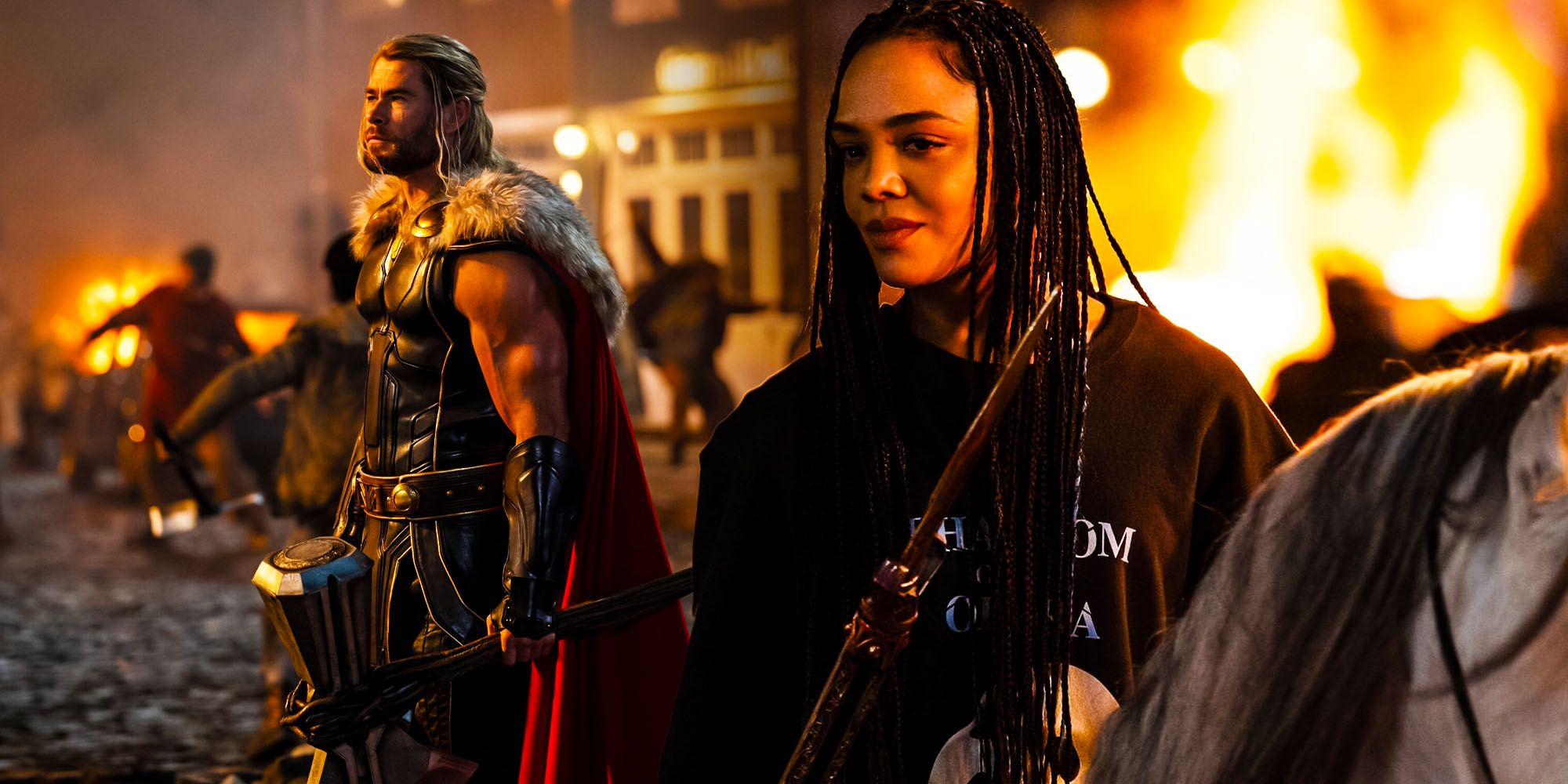
Thor's narratives having their own place in the universe isn't exactly a bad thing. For starters, he has one of the most unique backgrounds in the franchise, as he traverses multiple pockets of the MCU. Thor's Asgardian origins are cosmic, but many of his adventures have been Earth-bound, meanwhile, his powers are mythical. Not putting him in a single box allows Marvel Studios to fully take advantage of his versatility. He may not fully fit in with any of the existing MCU superhero teams, but that's fine, because he can spearhead his own adventures with the Asgardians.
What’s Next For Thor In The MCU?
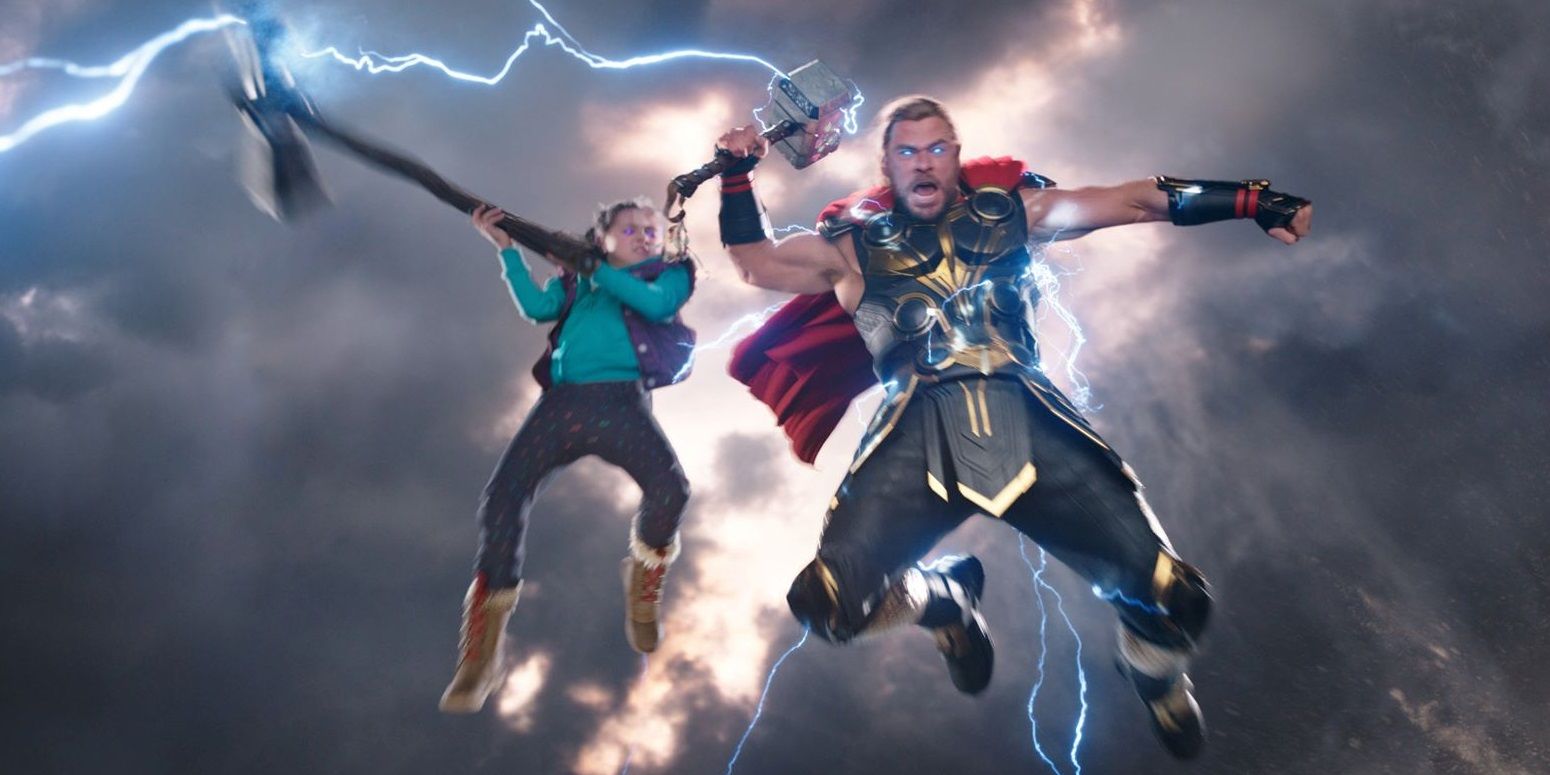
At the end of Thor: Love and Thunder, Thor embarks on a new journey as he functions as Love's (India Rose Hemsworth) father figure. Beyond that, it's uncertain what's next for the character. Since he can exist in his own corner in the MCU, Marvel Studios can continue to develop his story separate from the rest of the franchise. That may be the case for a while, but he will likely eventually re-join the rest of the universe as the Avengers re-assemble to fight Kang the Conqueror (Jonathan Majors) in Avengers: The Kang Dynasty. In any case, Marvel Studios already confirmed that Thor will return to the MCU at the end of Thor: Love and Thunder, so he may have other upcoming appearances before that.
The good thing is Thor can also be easily incorporated into either the Guardians of the Galaxy or the Avengers despite all of this. As one of the remaining active original Avengers, the God of Thunder will always have a special place reserved for him on the roster. Meanwhile, he has established strong ties with the Guardians of the Galaxy, making it easy for him to call them in case he needs their help. As a character, however, he is perhaps best on his own with the Asgardians as seen in Thor: Love and Thunder.
Next: Gorr Was A Fascinating Phase 4 Villain... Just Not For Thor
Key Release Date
-

Black Panther: Wakanda Forever
Release Date:2022-11-11 -
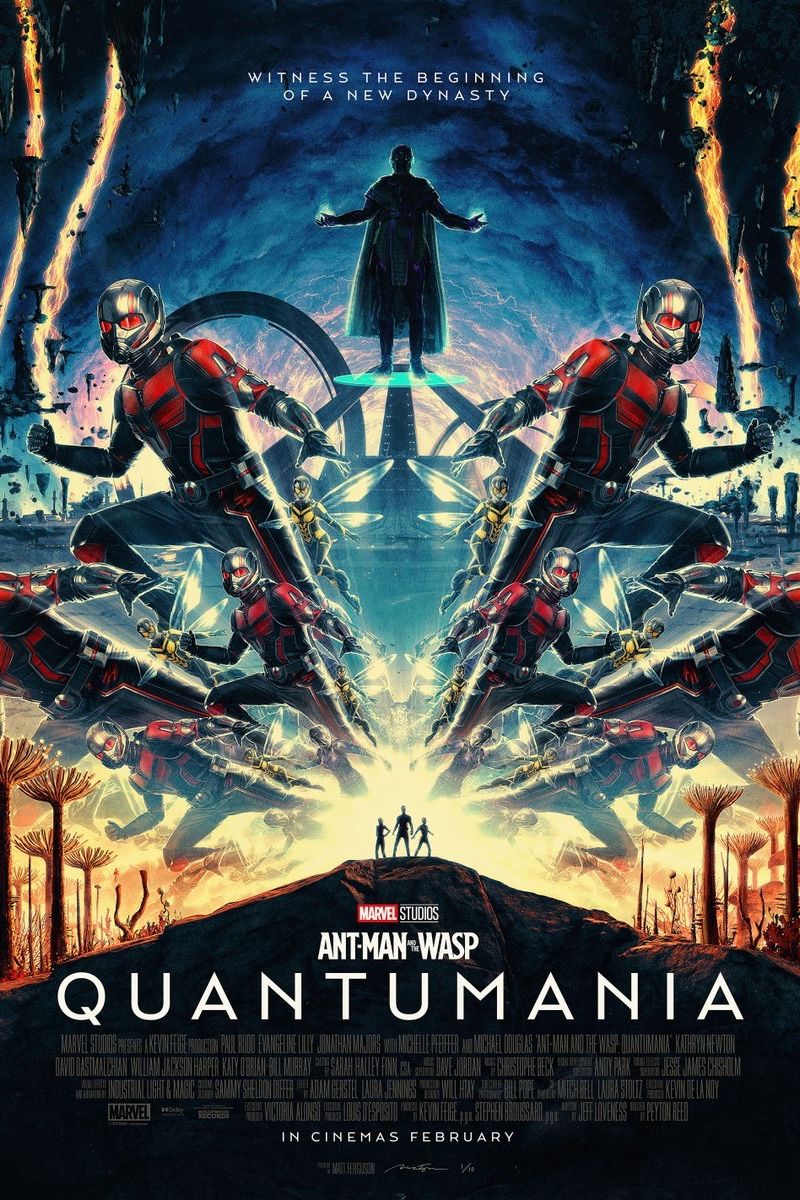
Ant-Man & the Wasp: Quantumania
Release Date:2023-02-17 -

Guardians of the Galaxy Vol. 3
Release Date:2023-05-05 -
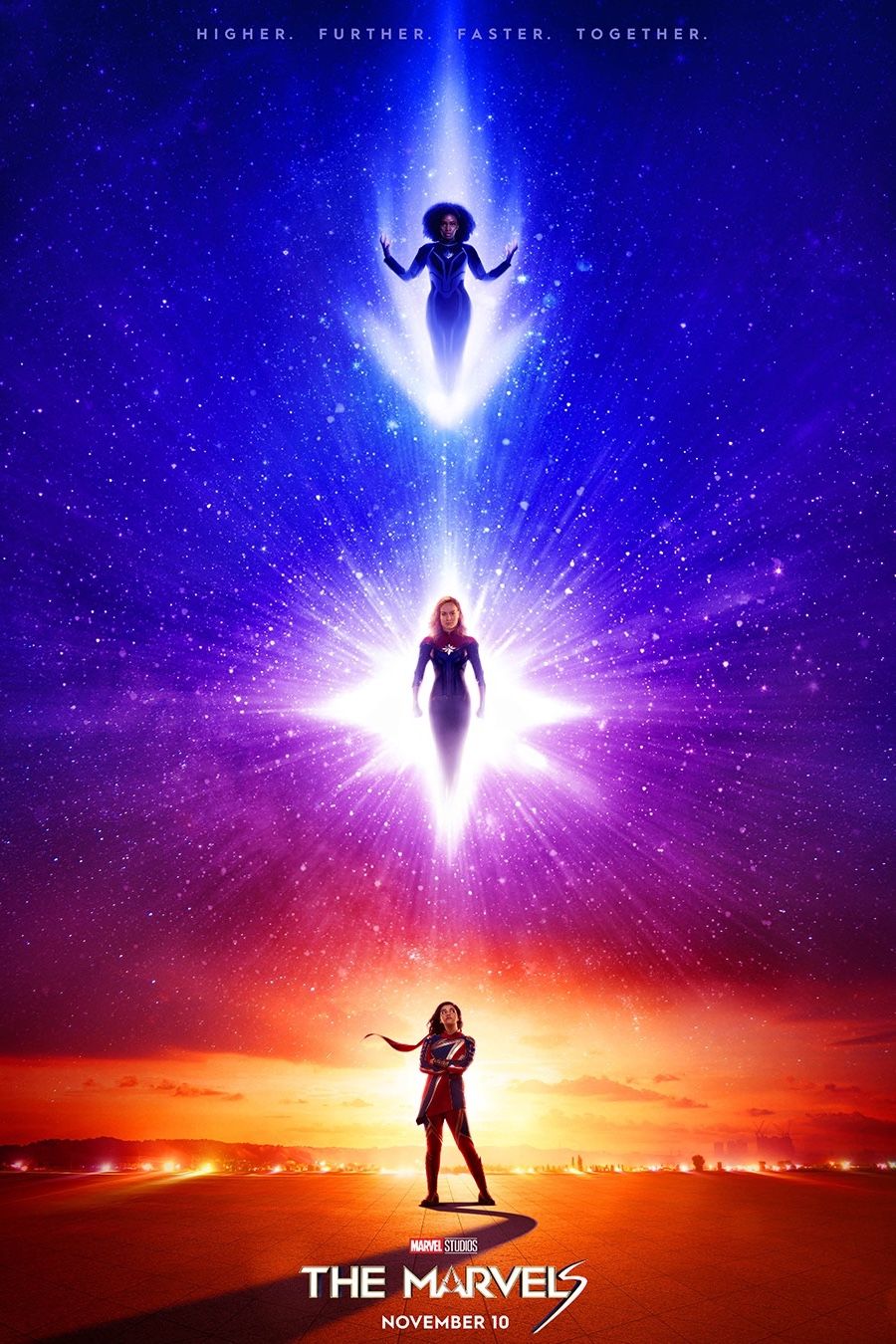
The Marvels
Release Date:2023-11-10 -
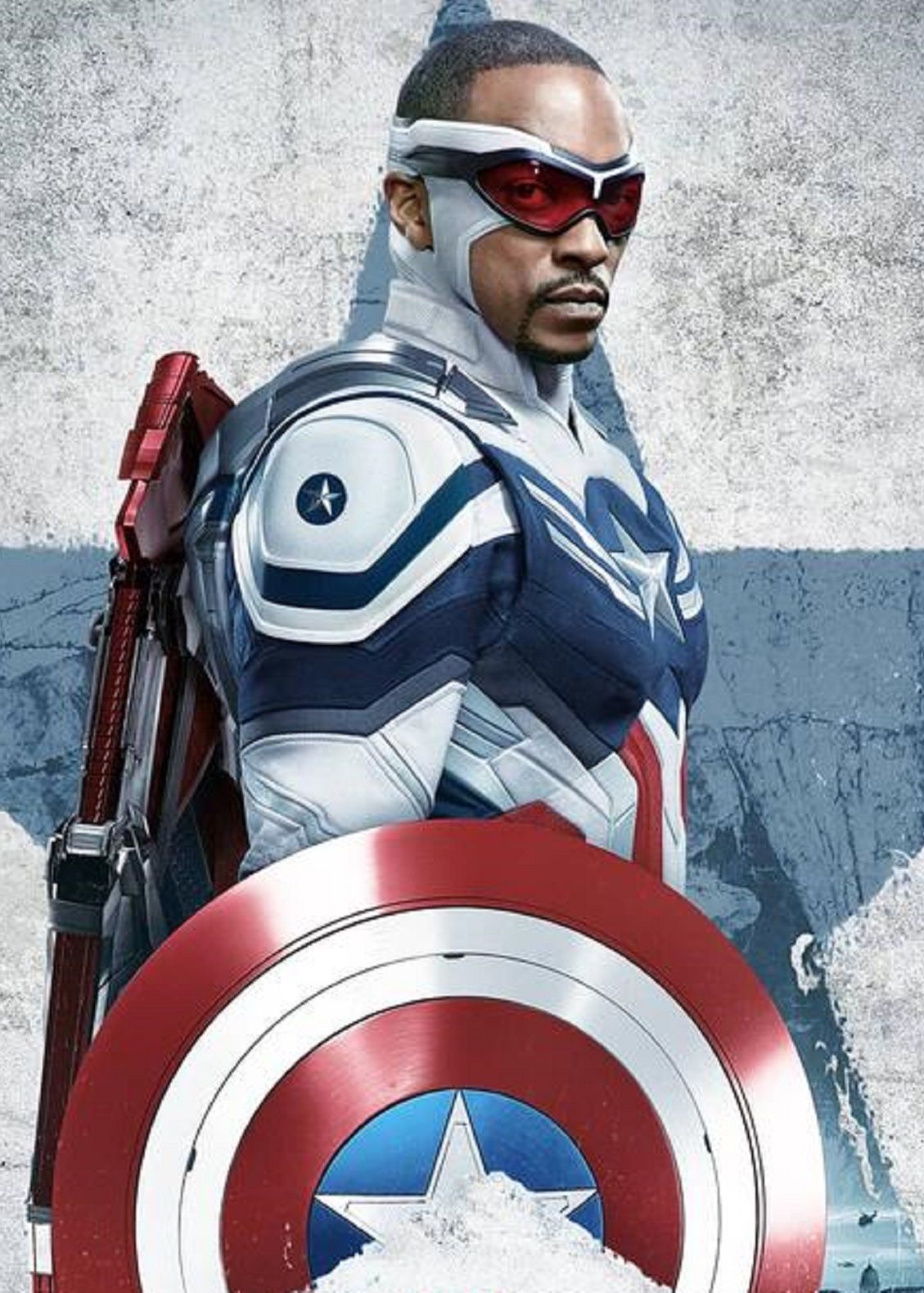
Captain America: Brave New World
Release Date:2024-05-03 -
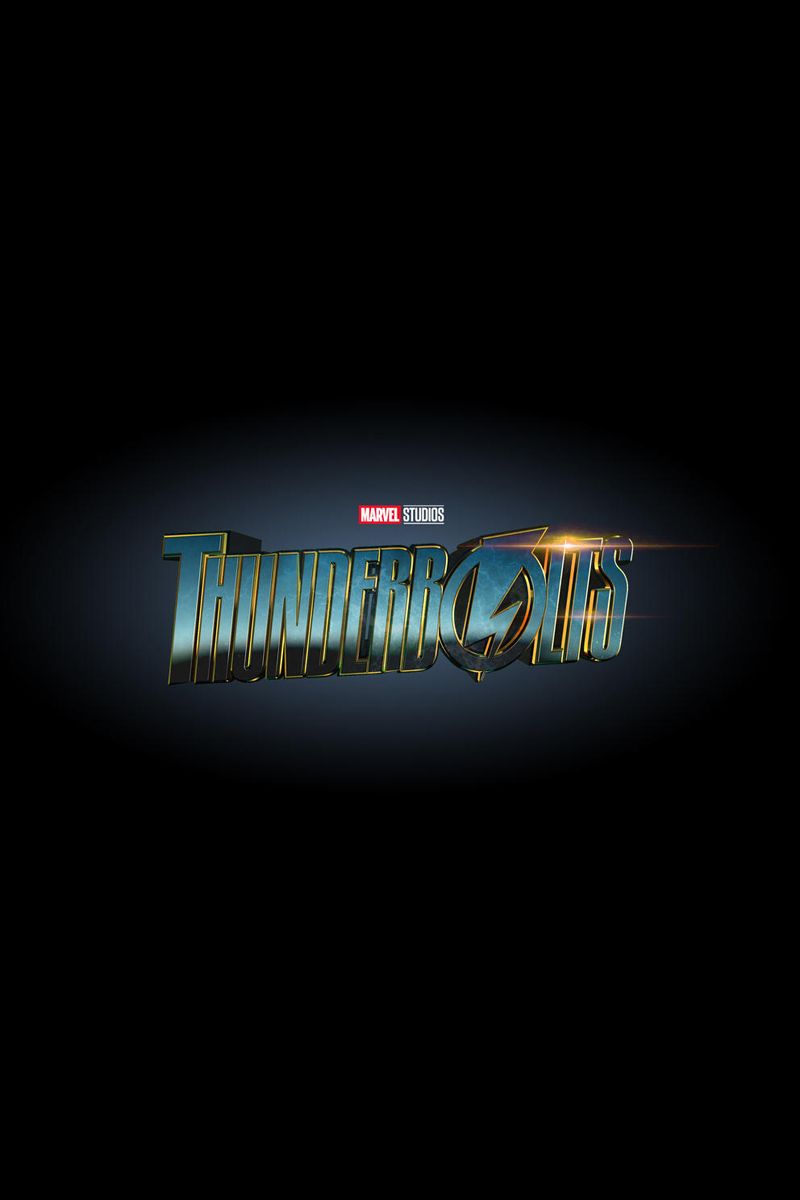
Marvel's Thunderbolts
Release Date:2024-12-20 -
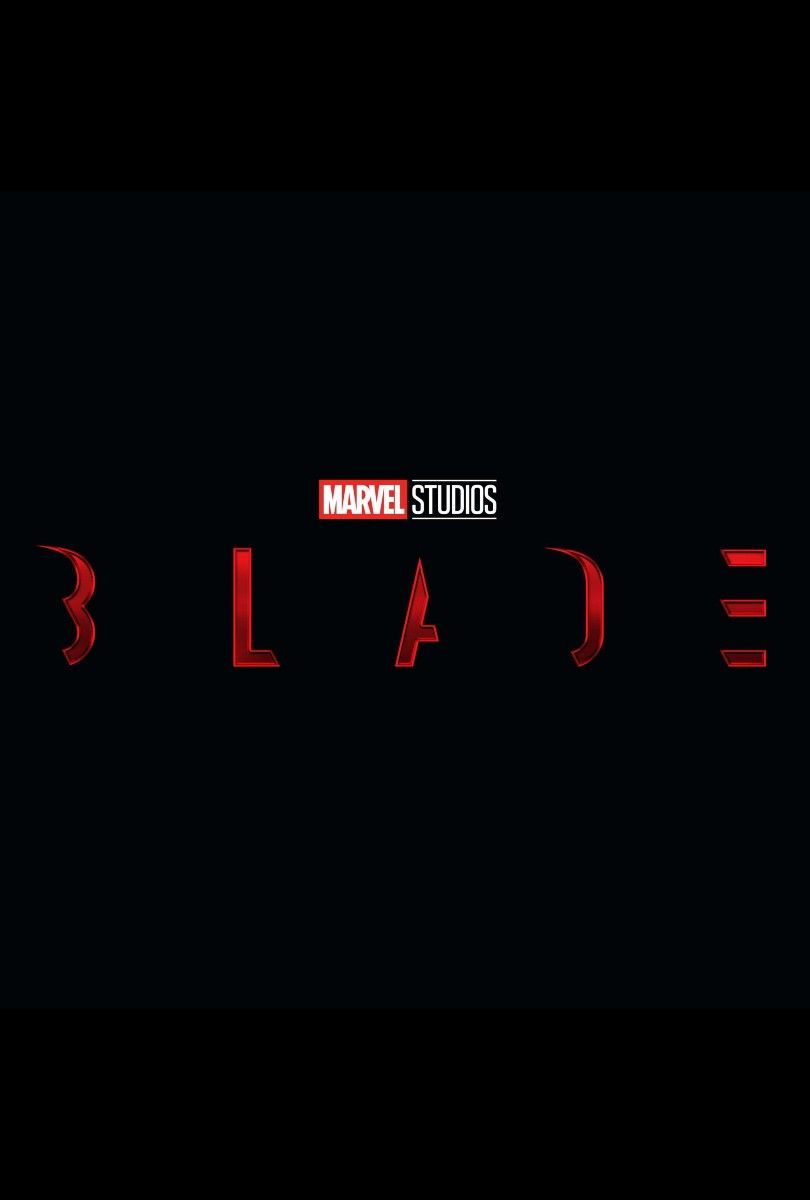
Blade (2025)
Release Date:2025-02-14 -
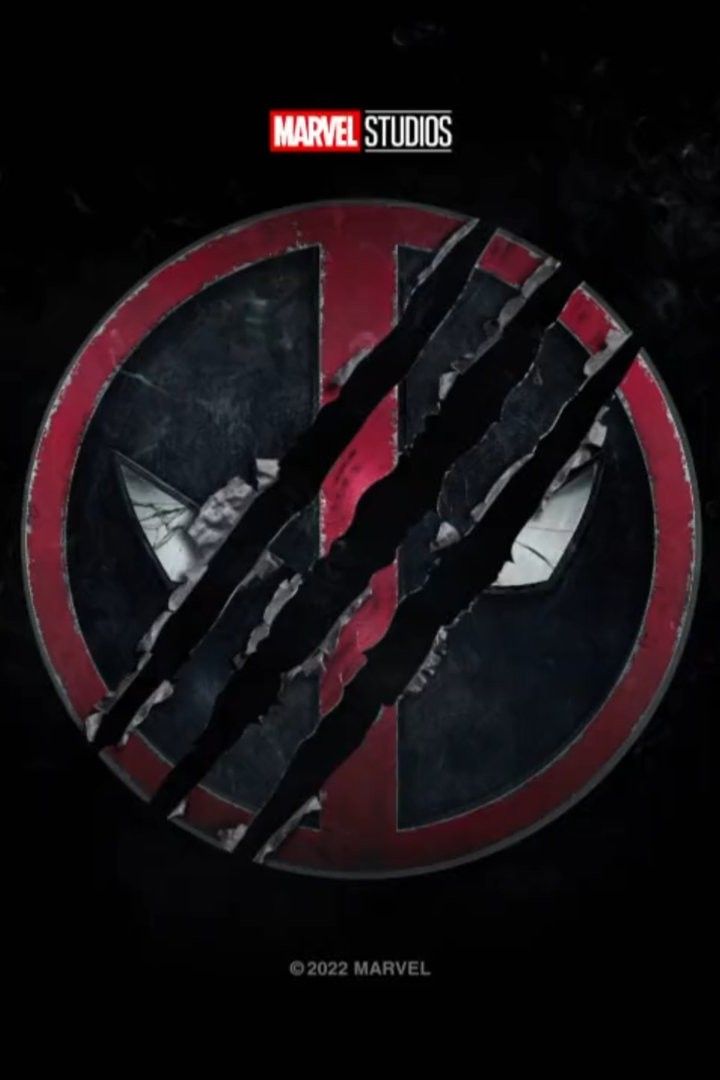
Deadpool 3
Release Date:2024-05-03 -
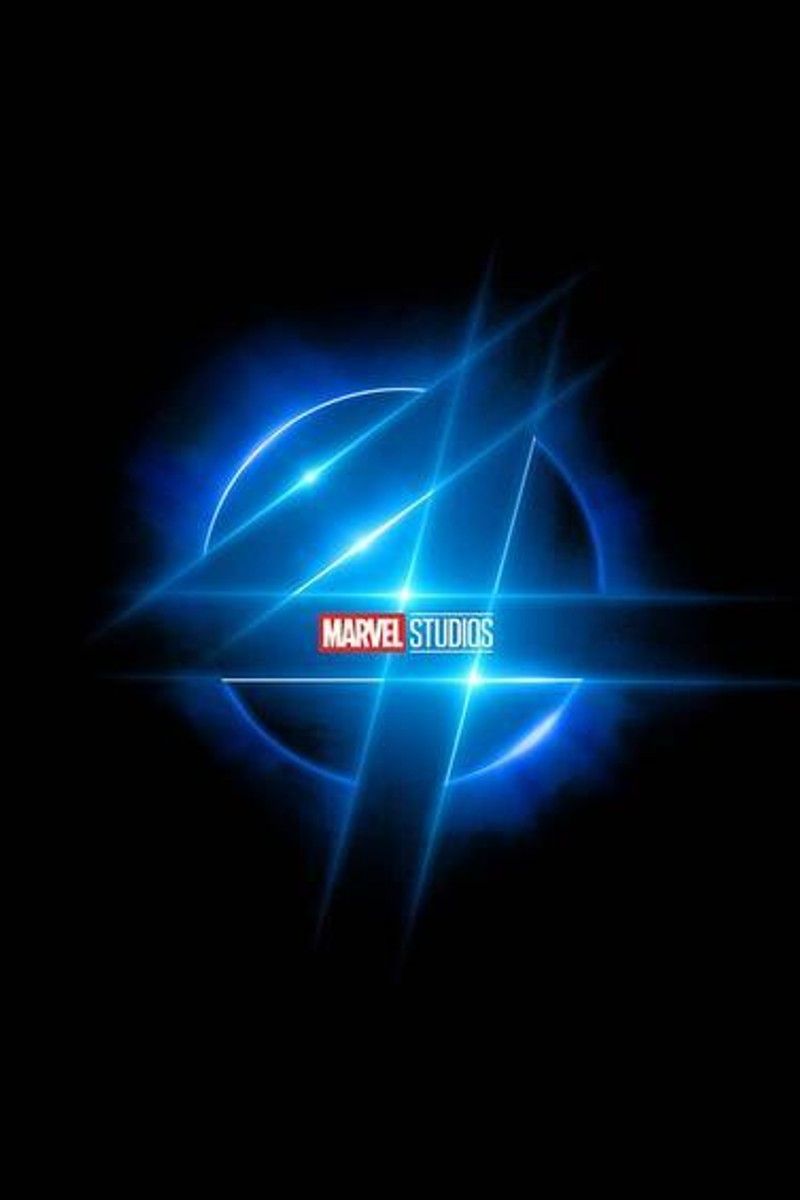
Marvel's Fantastic Four
Release Date:2025-05-02 -
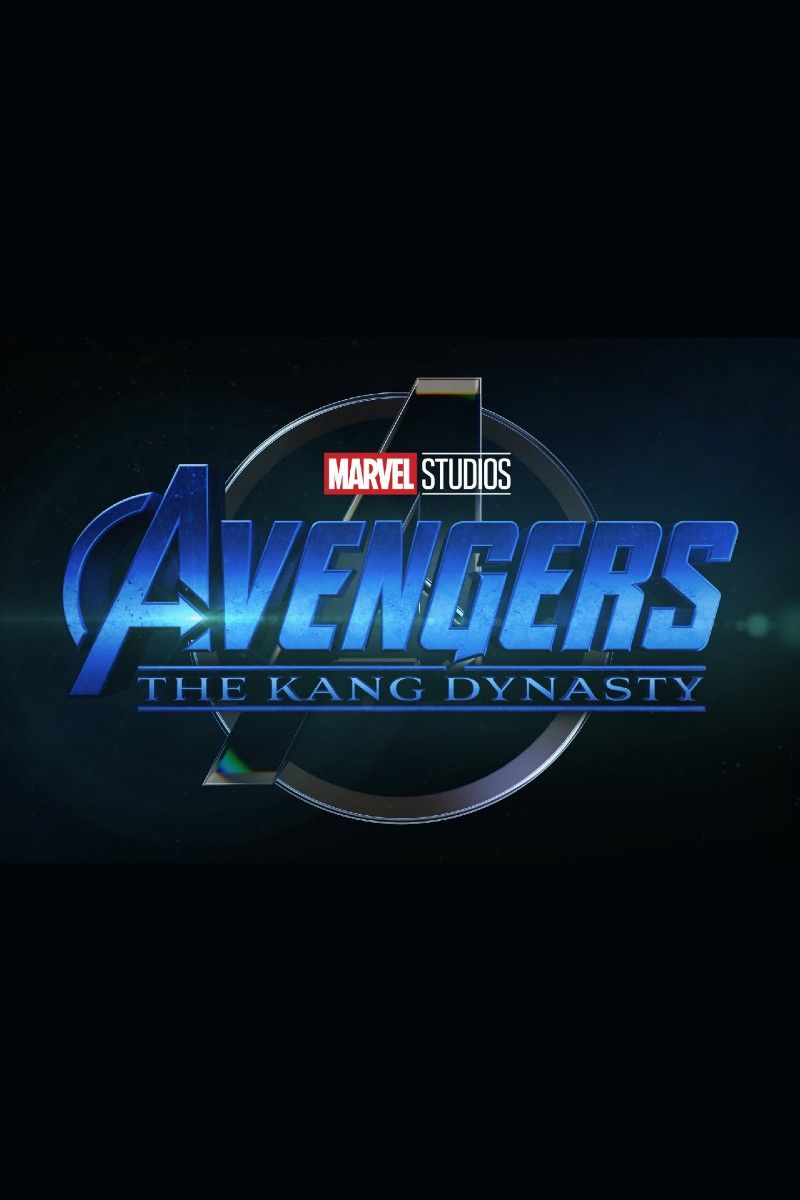
Avengers: The Kang Dynasty
Release Date:2026-05-01 -
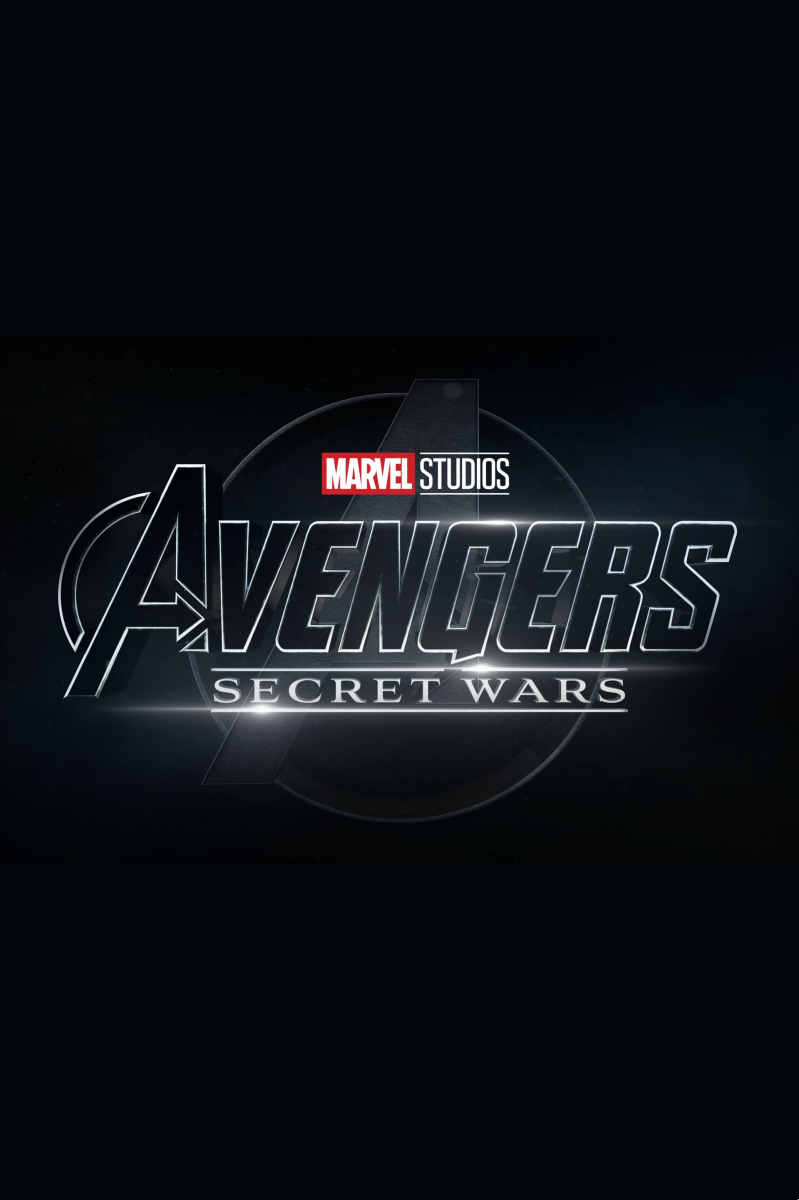
Avengers: Secret Wars
Release Date:2027-05-01

